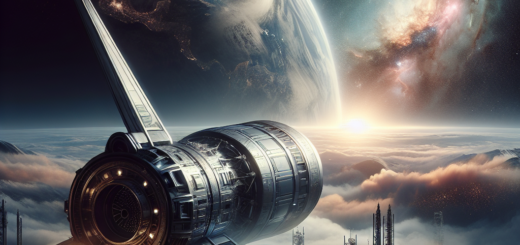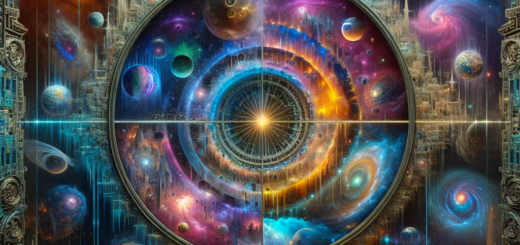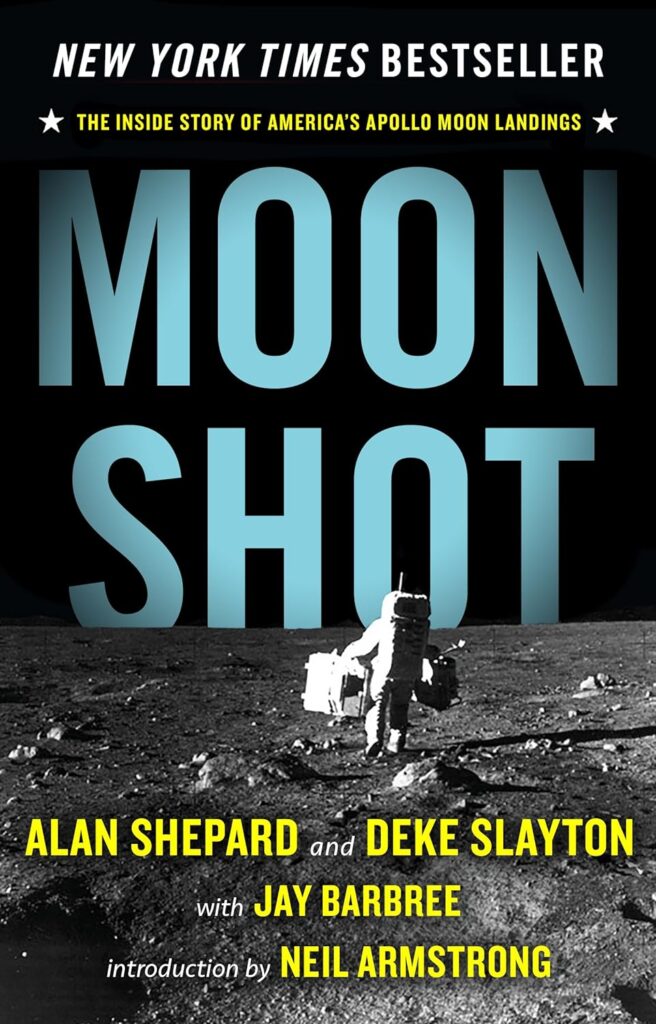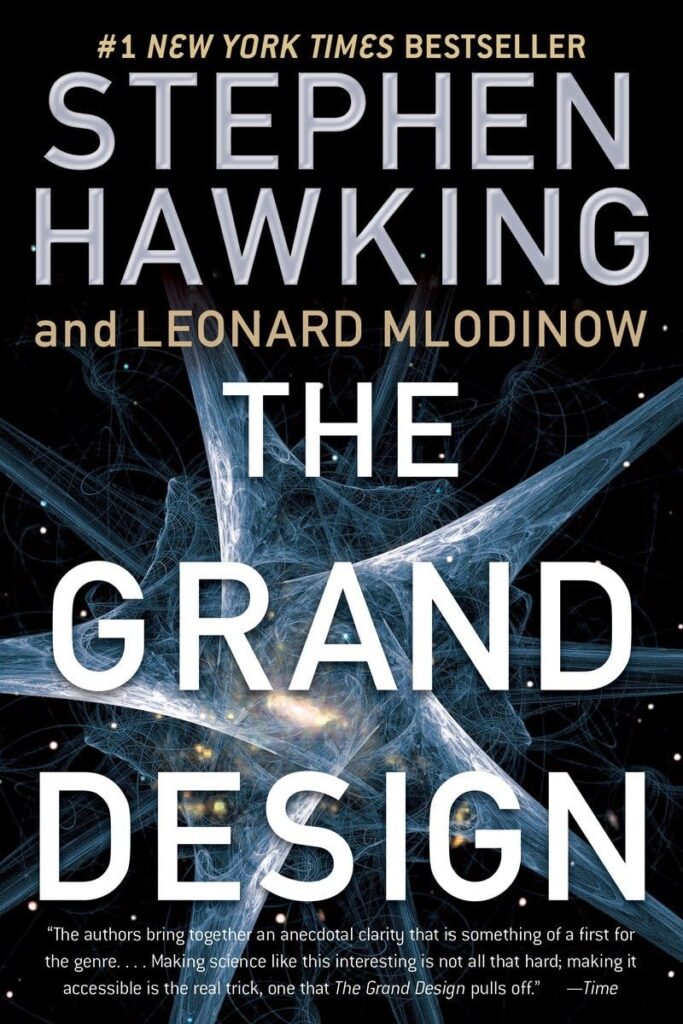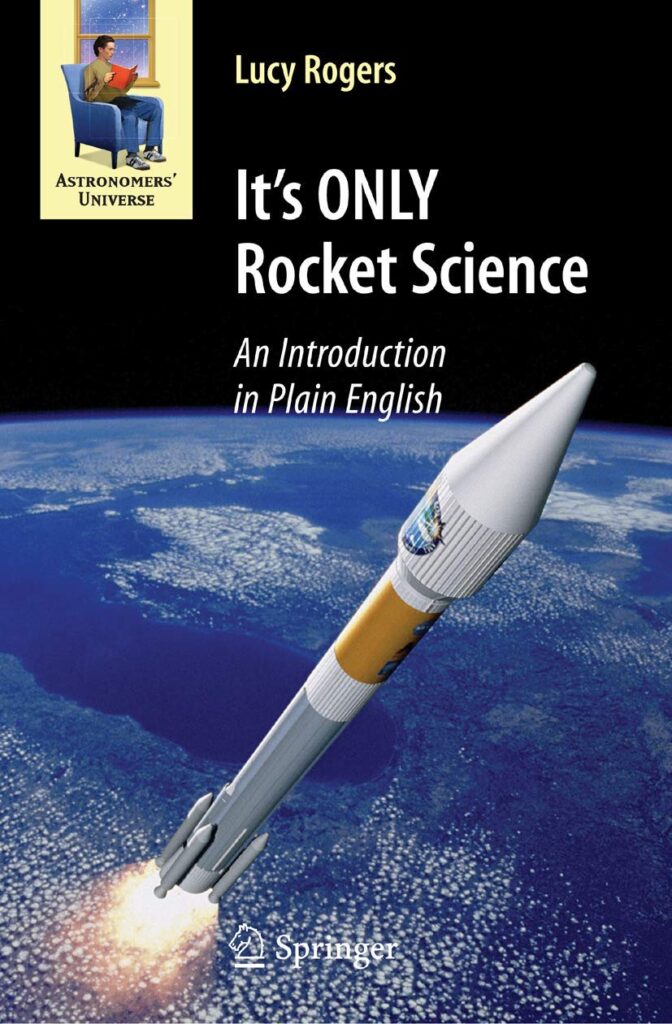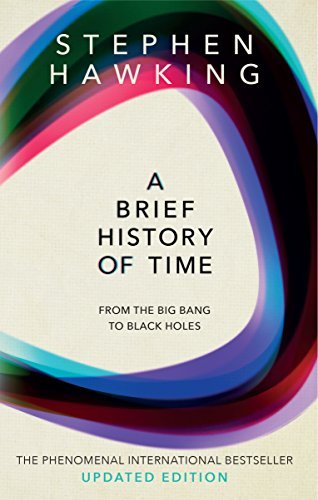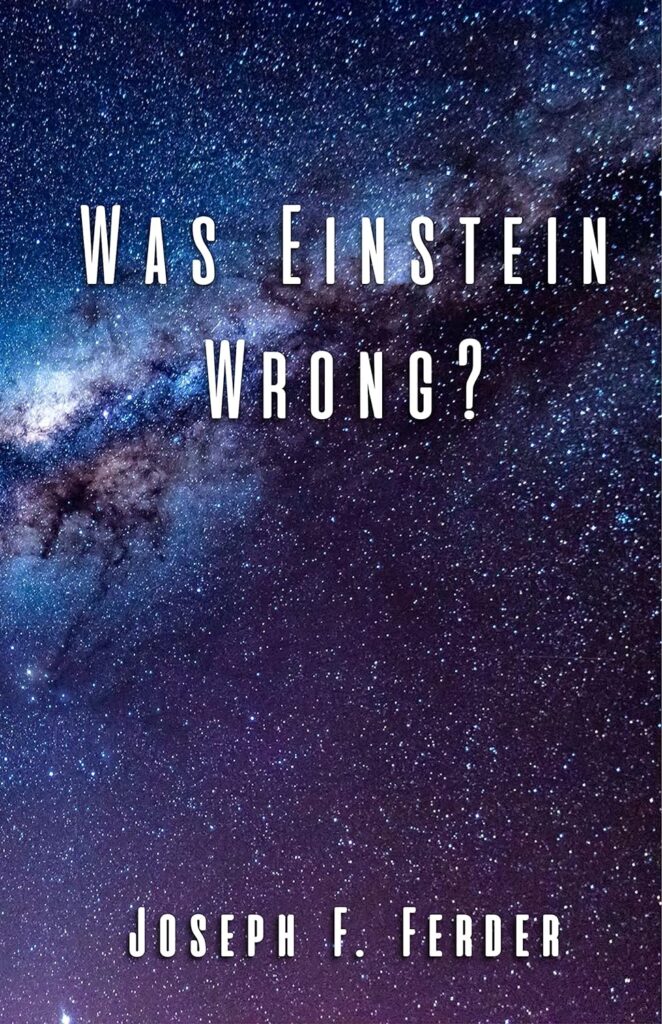Time Travel and Parallel Universes: Exploring the Multiverse Theory
Time travel and parallel universes have long been popular concepts in science fiction, captivating audiences with the idea of exploring different realities and altering the course of history. While these ideas may seem like mere fantasy, they are actually rooted in real scientific theories, such as the multiverse theory.
The multiverse theory posits that our universe is just one of an infinite number of universes that exist simultaneously. Each universe has its own set of physical laws and properties, leading to a vast array of possible realities. In this theory, time travel becomes a means of traversing between these parallel universes, rather than simply moving through time within our own universe.
One of the most famous thought experiments involving time travel and parallel universes is the “Many-Worlds Interpretation” of quantum mechanics, proposed by physicist Hugh Everett in the 1950s. This theory suggests that every possible outcome of a quantum event actually occurs in a separate universe, leading to an infinite number of parallel worlds.
In this interpretation, time travel would involve moving between these parallel worlds, where the past, present, and future exist simultaneously in different realities. This concept has been explored in various works of fiction, such as the popular TV series “Sliders” and the film “The Butterfly Effect.”
While the idea of time travel and parallel universes may seem far-fetched, there is some scientific basis for these theories. For example, the concept of wormholes, theoretical passages through spacetime that could potentially allow for time travel, has been studied by physicists. Additionally, experiments in quantum mechanics have shown that particles can exist in multiple states at once, lending credibility to the idea of multiple parallel universes.
Of course, the practicality and feasibility of time travel and parallel universes remain uncertain. While the laws of physics allow for the possibility of these phenomena, the technological challenges and ethical implications of such endeavors are vast. The potential consequences of altering the course of history or interacting with alternate realities are also unknown.
Despite these challenges, the exploration of time travel and parallel universes continues to capture the imagination of scientists and storytellers alike. Whether through theoretical physics, speculative fiction, or philosophical thought experiments, the concept of the multiverse offers a tantalizing glimpse into the endless possibilities of the cosmos. As we continue to push the boundaries of our understanding of the universe, perhaps one day we will unlock the secrets of time travel and parallel universes, and journey into the unknown realms of the multiverse.

